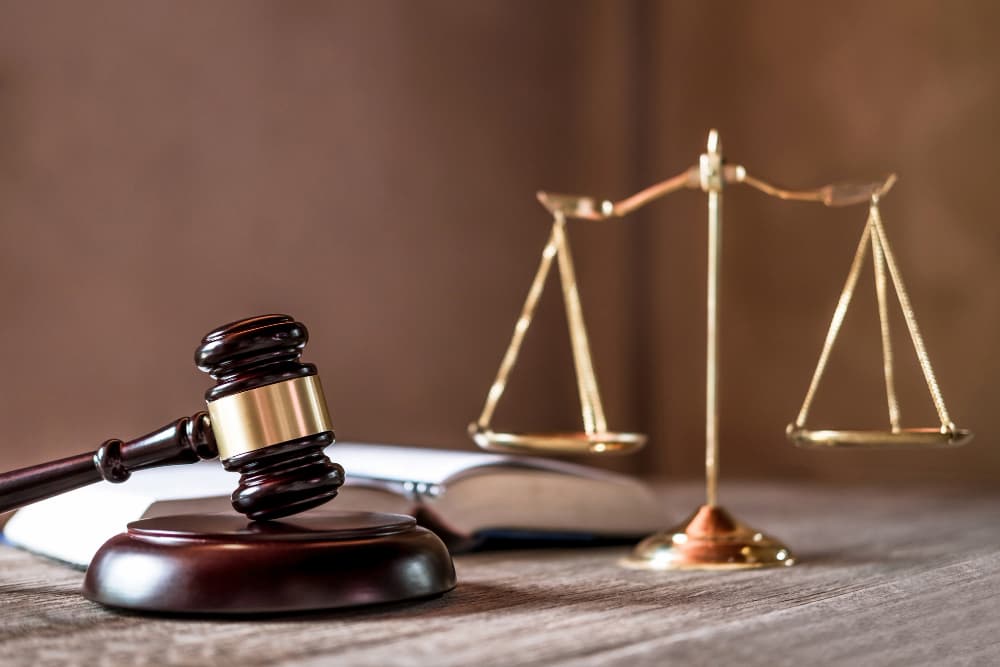What happens before a criminal case is ready for trial? Plenty. Many folks receive a summons from a police officer which gives them a future date upon which they must appear in court to answer to a criminal charge.
Others are formally arrested and taken to a police station or county jail where they are admitted to bail by a bail commissioner who provides them with an initial court date. A smaller percentage receive summonses to appear in the mail from the court clerk. Still fewer people are arrested on warrants.
A summons from a police officer, formally known as a Uniform Summons And Complaint, is a small piece of paper that contains the time, date and place for the arraignment.
The arraignment is the initial court appearance during which the court will inform the accused of the precise nature of the charge(s), inform that person of his rights and invite him to enter a plea of guilty, not guilty or nolo contendere (no contest; note: a no contest plea must be approved by the court and will result in a finding of guilt).
The court may also impose bail conditions (conditions of release).
If the court finds that a particular person poses a “flight risk” or is otherwise not likely to appear for future court proceedings, the court may set a cash or surety bail to ensure faithful attendance.
Surety bail is an equity interest or ownership stake in real estate. The court may also impose conditions of release upon a finding that such measures are necessary to “ensure the integrity of the judicial process”.
Example: If the court determines that a person accused of assault may attempt to intimidate the victim of the alleged assault, the court will almost certainly prohibit the accused from having any sort of contact, direct or indirect, with the alleged victim as a condition of the accused’s release. If the accused later violates those conditions, he will be arrested and potentially held without bail until the trial date.
For those persons who find themselves in custody at the county jail or a police station following a formal arrest, there is usually a bail commissioner on the spot to set conditions of release and/or require cash bail. The commissioner will give the accused a copy of the bail bond which recites the conditions as well as any cash/surety component and sets forth the time, date and place for arraignment.
When the clerk issues a summons by mail, the recipient likewise receives a time, date and place for arraignment. If an arrest warrant is executed, the accused remains in custody, almost always at the county jail until a bail commissioner arrives to set bail and provide the arraignment logistics.
Following the arraignment, the prosecutor is required to provide discovery to the defense attorney or directly to an unrepresented defendant. Discovery basically means evidence. The state is required to provide some discovery material automatically, some upon request and some upon court order.
In some circumstances the state is only required to provide the defense reasonable access to evidence as opposed to copies.
The rules of discovery can become quite complicated and the parties sometimes disagree regarding what is the proper subject of discovery and what is not. Those disputes are resolved by a judge prior to trial.
The post-arraignment period is also the time for the defense to continue its investigation in light of the information the defense receives through the discovery process. The defense investigation should commence as soon as counsel is on board. If expert witnesses are needed those experts must also examine the state’s evidence and continue their work.
Virtually all courts provide an opportunity for the parties to attempt to negotiate a mutually acceptable agreement prior to trial. The overwhelming majority of criminal cases in Maine and nationwide are resolved without trials.
The degree of success that the accused will achieve throughout the pre-trial process depends largely on the skill and diligence of his attorney. Likewise, if the pre-trial process does not result in an agreement, the likelihood of success at trial will depend largely on the skill and diligence of the defense attorney through out the pre-trial process.
If you have been charged with OUI or any other crime, prepare yourself the best way possible: call us for a free consultation 207-879-4000.
Disclaimer: This article is intended to provide general, not specific, information about Maine law. The publication of this article does not constitute an attorney-client relationship between the author(s) and the reader(s).





